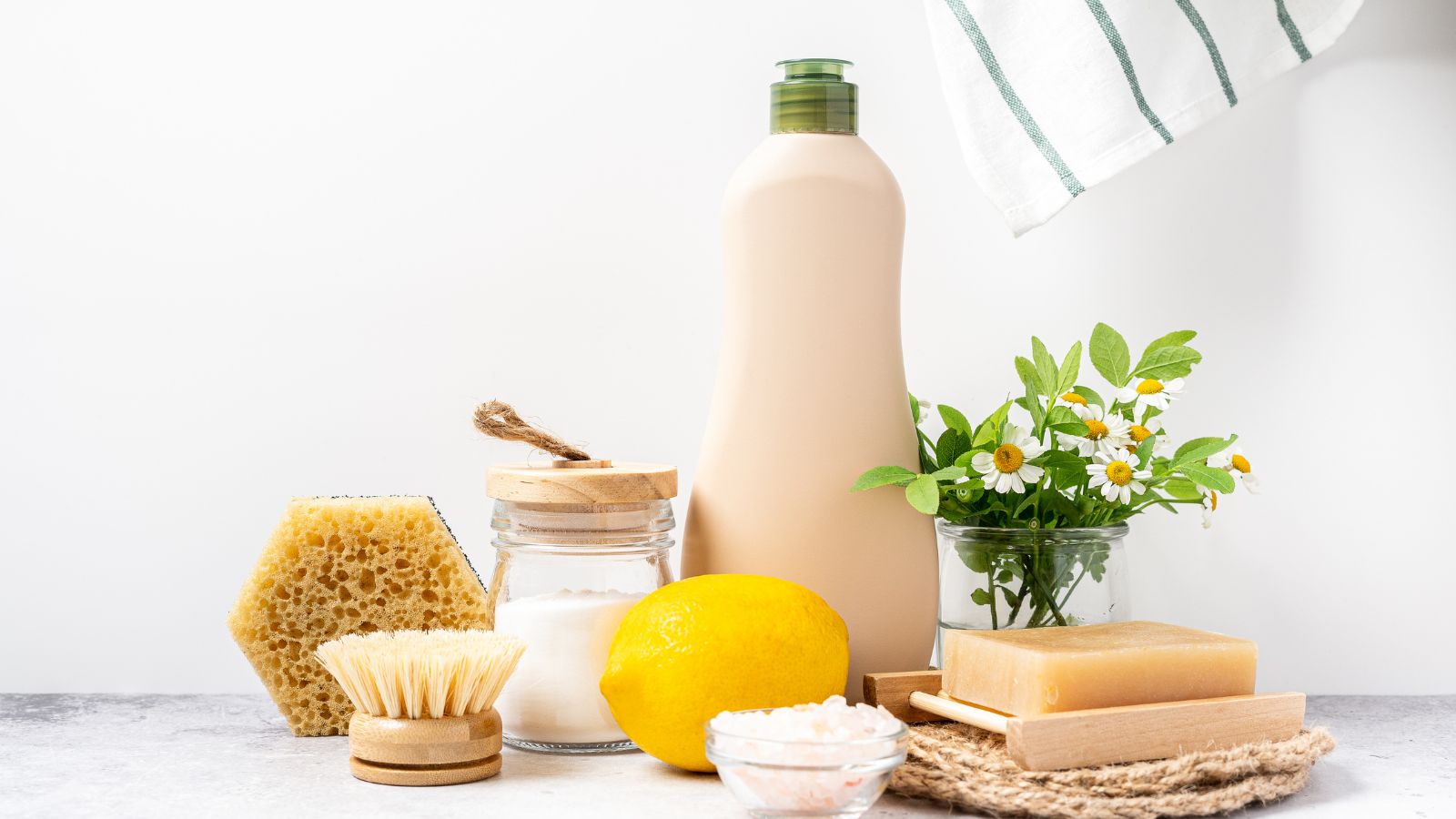
Soap and cleaning are synonymous, but not everything in your home benefits from a quick wipe-down with some dish soap. In fact, this gentle cleanser can be quite damaging.
While very few things are going to be irreparably damaged by plain soap, cleaning everything with just one product will waste you time and energy as you'll have to go back over them again to ensure they are properly clean.
These are the seven things you shouldn’t clean with soap, and the cleaning tips professionals recommend in its place.
Things you shouldn’t clean with soap
‘Soap’ is a very general term that can encompass several different products. Dish soap and Castile soap are very different products for instance. Castille soap is more alkaline, making it a little harsher than cleaning with Dawn Powerwash.
In these instances, cleaners recommend avoiding using any type of soap to ensure you achieve perfect results without wasting energy and time or damaging surfaces.
1. Wooden surfaces
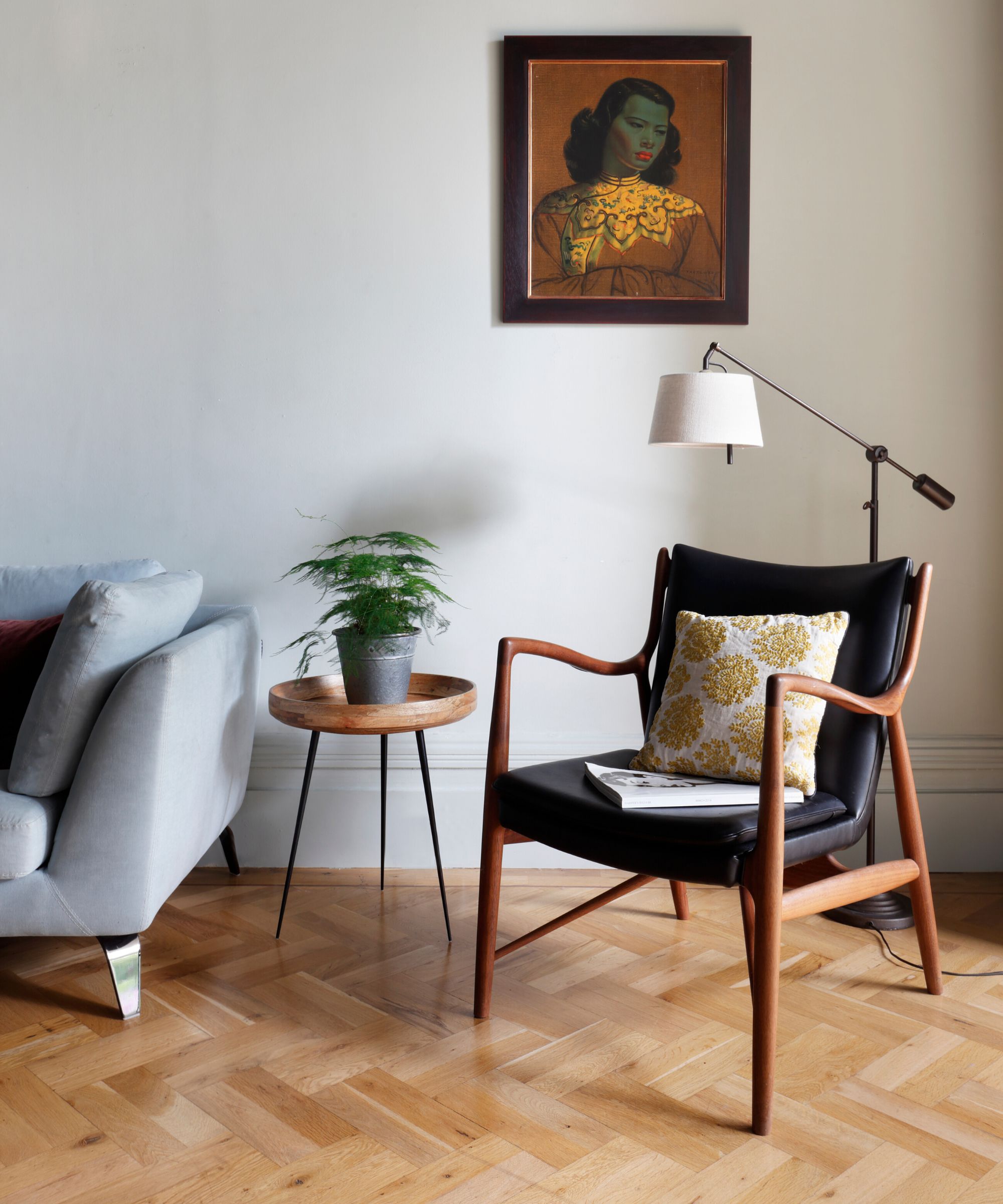
Whether you are cleaning wood furniture or mopping hardwood floors, you should always avoid adding soap, begins Abe Nyayapathi, cleaning expert and manager at Bio Recovery:
‘Regular soap can strip the natural oils from wooden surfaces, leading to dryness and potential damage over time,’ he explains. ‘Instead, use a specialized wood cleaner or a mixture of olive oil and white vinegar. This solution not only cleans but also nourishes the wood, preserving its natural beauty.’
2. Clothing and upholstery
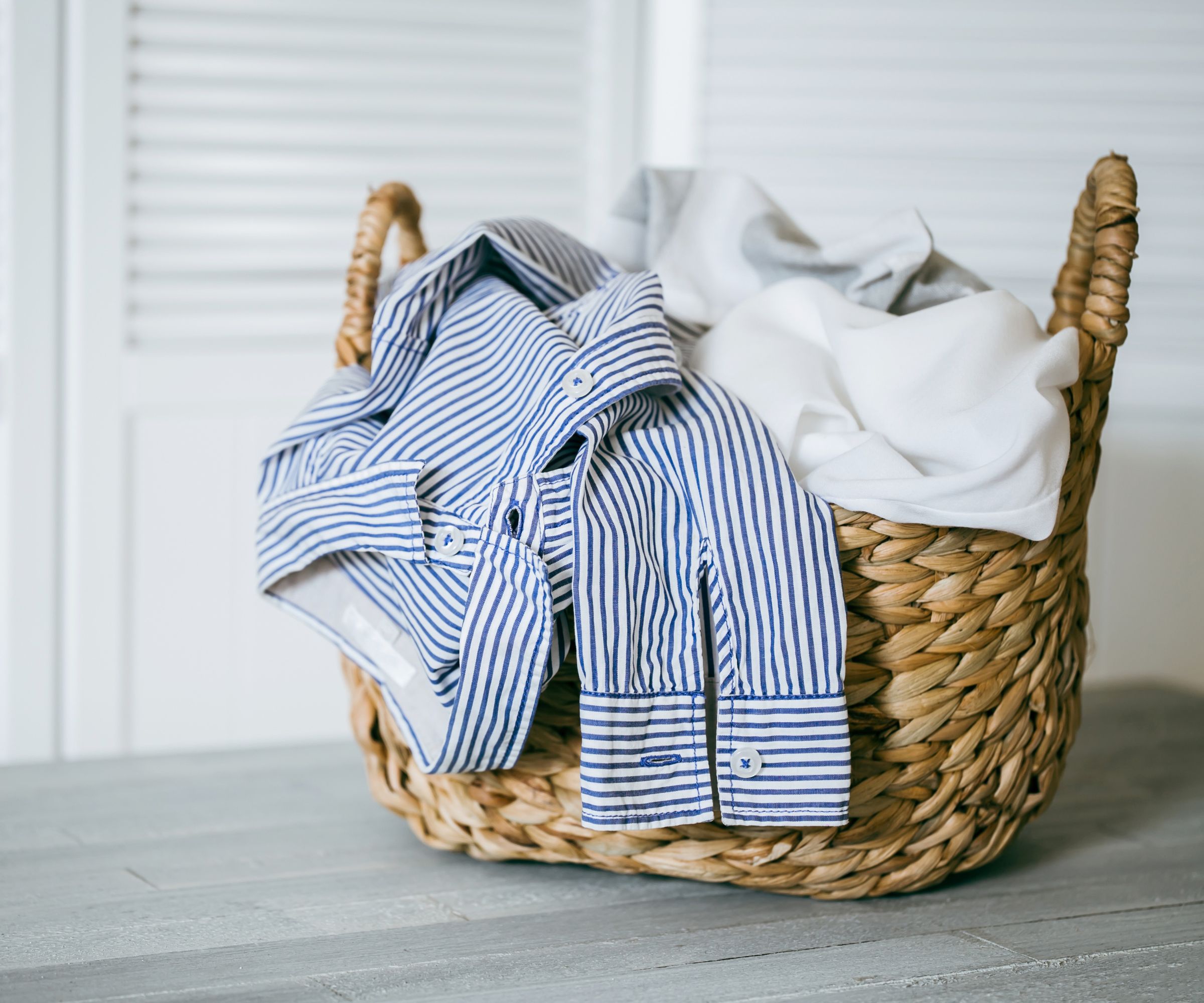
When doing laundry, we always add detergent so it can seem logical to replace it with dish soap to clean clothes in a pinch – particularly when hand washing clothing. However, Angela Rubin, cleaning expert at Hellamaid, explains that this can damage the fibers, especially in delicate materials:
‘Regular soap can be harsh on delicate fabrics like silk, wool, or cashmere, leading to color fading, shrinkage, or damage to the fibers,’ she warns. ‘Instead of regular soap, opt for a gentle detergent specifically formulated for delicate fabrics. It helps preserve their texture and quality while effectively removing stains.’
What’s more, regular soap might leave residue, build up, or cause malodor in washing machines and dryers over time, Angela continues. ‘Instead of soap, clean with white vinegar as a natural and effective alternative. Run a cycle with vinegar to remove soap scum and mineral deposits and eliminate any lingering odors. Additionally, consider using specialized washing machine cleaners for thorough maintenance periodically.’
3. Wooden Cutting Boards and Utensils
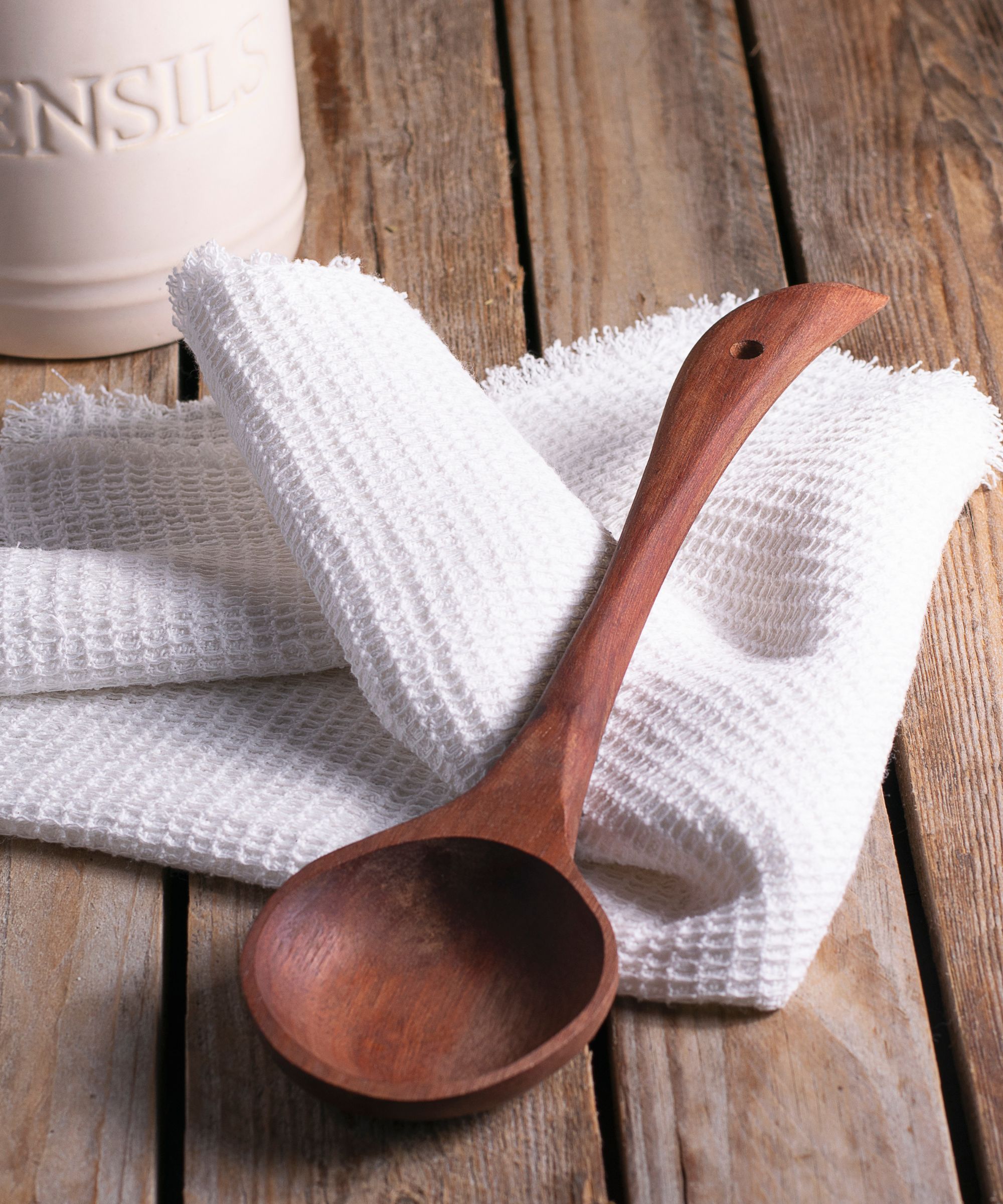
There may not seem to be much to caring for a wooden cutting board or cleaning wooden spoons, but using regular dish soap can dry them out leading to cracking, warping, or leaving them more vulnerable to harboring bacteria, explains Janille Mangat, cleaning specialist at VMAP Cleaning.
‘I recommend using a mixture of vinegar and water for everyday cleaning. For deep cleaning, use lemon and coarse salt, rubbing the salt into the wood with half a cut lemon to remove debris.
‘Regularly oil wooden items with food-grade mineral oil to maintain their condition.’
4. Leather upholstery

Cleaning a leather couch is the key to keeping them soft, supple, and looking new. Using regular soap will strip the leather of its natural oils and lead to cracking and dulling over time, Janille Mangat, cleaning specialist, continues. She instead suggests using a damp cloth for regular cleaning and a leather conditioner for deep cleaning.
Always be sure to test any leather cleaner on a small, inconspicuous area first in case it causes discoloration,’ Janille adds.
5. Electronic screens (TVs, Monitors, Smartphones)
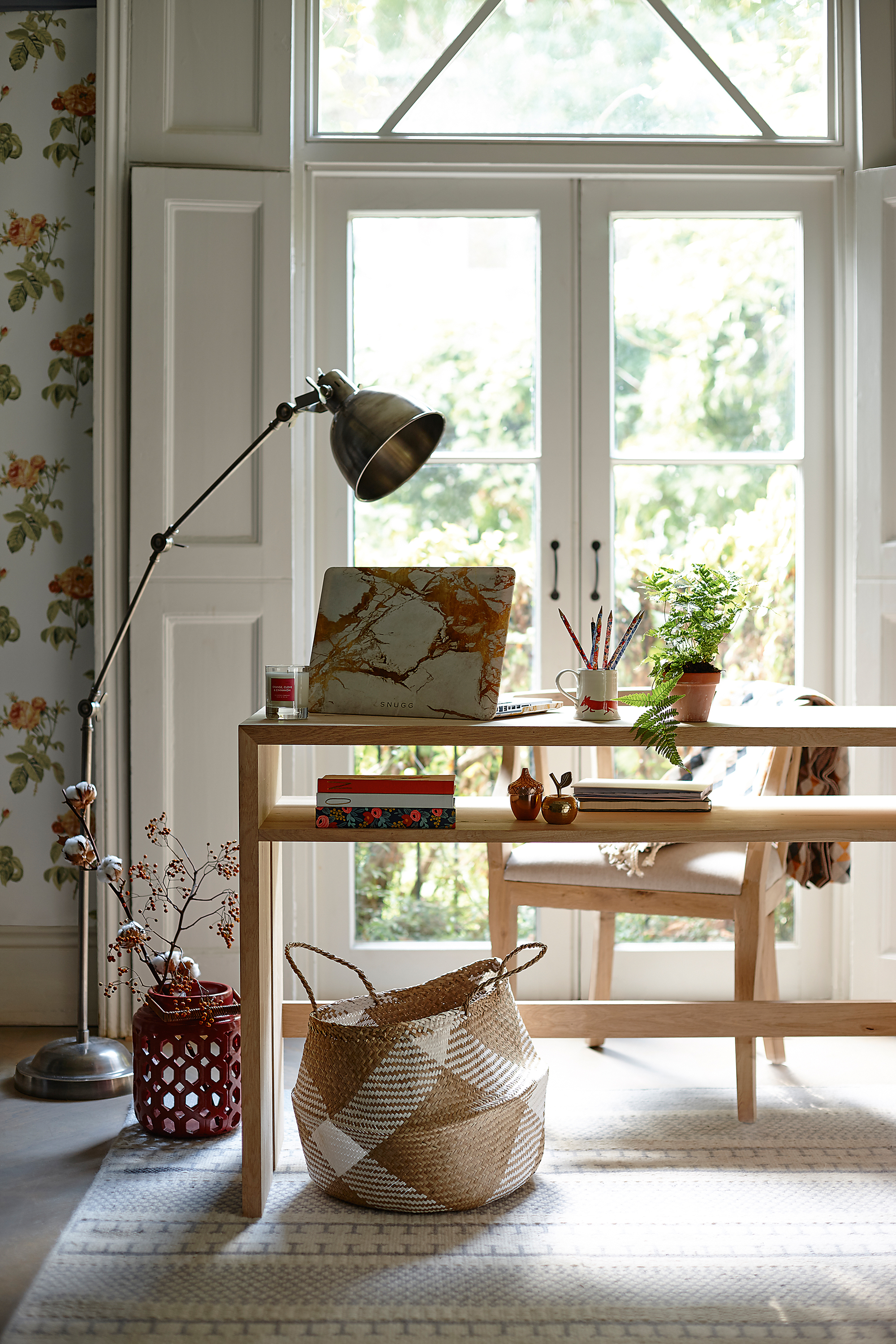
When our electronics screens are coated in greasy finger marks it can seem logical to use dish soap to break down the fats and leave the screen sparkling.
Silvia Donciu, operations specialist and cleaning expert at Canberra Bond Cleaning suggests that soap, no matter how delicate, can damage the anti-reflective coating and leave streaks.
‘I always use a microfiber cloth slightly dampened with water or a screen-specific cleaning solution. Avoid spraying anything directly on the screen but apply it to the cloth to avoid using too much product and waterlogging the item.’
6. Ovens
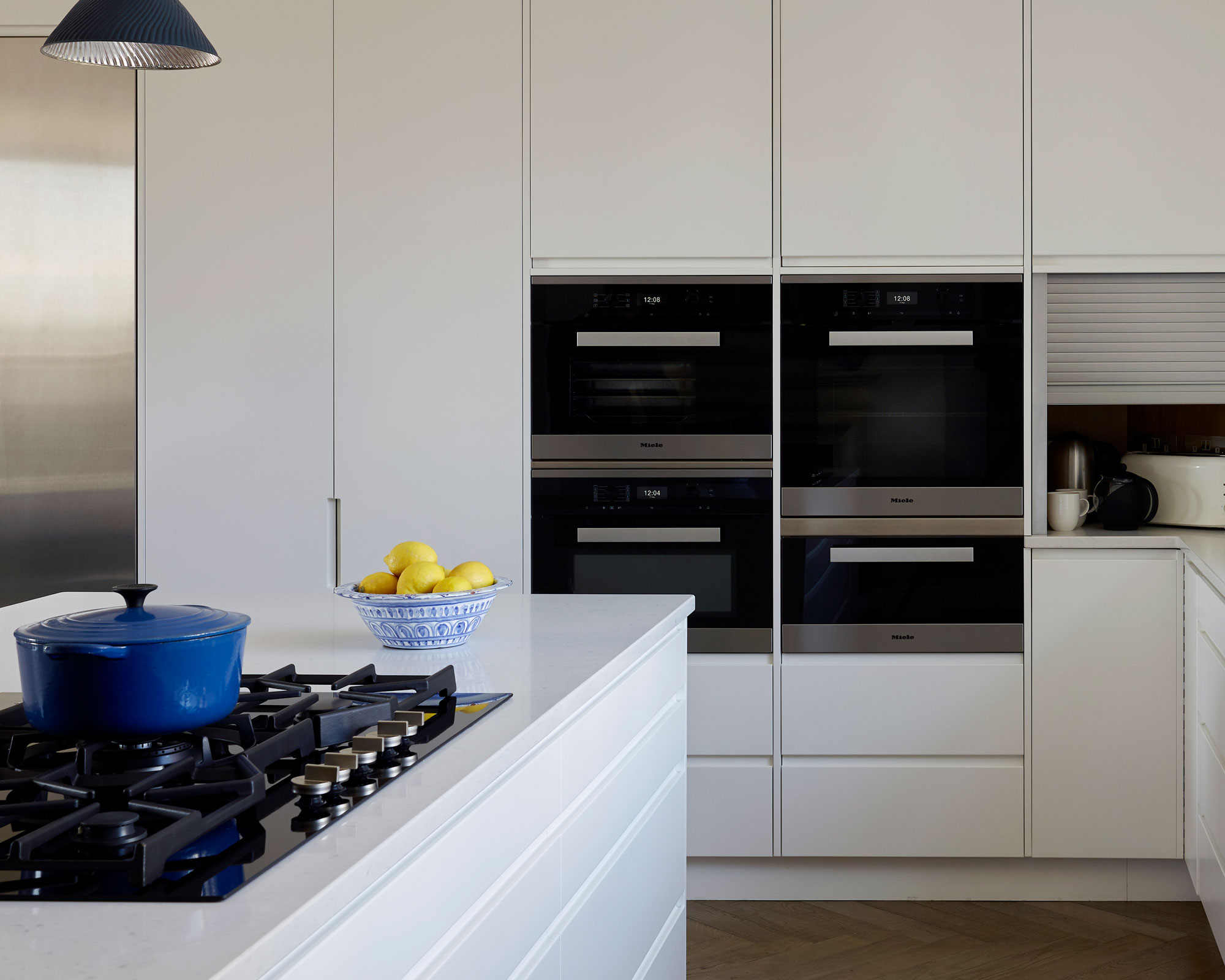
Using regular soap to clean an oven will not damage your appliance, but it will waste your time, and energy says Will Cotter, cleaning expert and founder of FreshSpace Cleaning:
‘Regular soap won't effectively tackle baked-on grease. That's where specialized oven cleaners step in. These cleaners are designed specifically to tackle baked-on grease and grime effectively. They have powerful ingredients that cut through grease, making it easier to wipe away without a massive scrubbing session.’
7. Glass shower doors
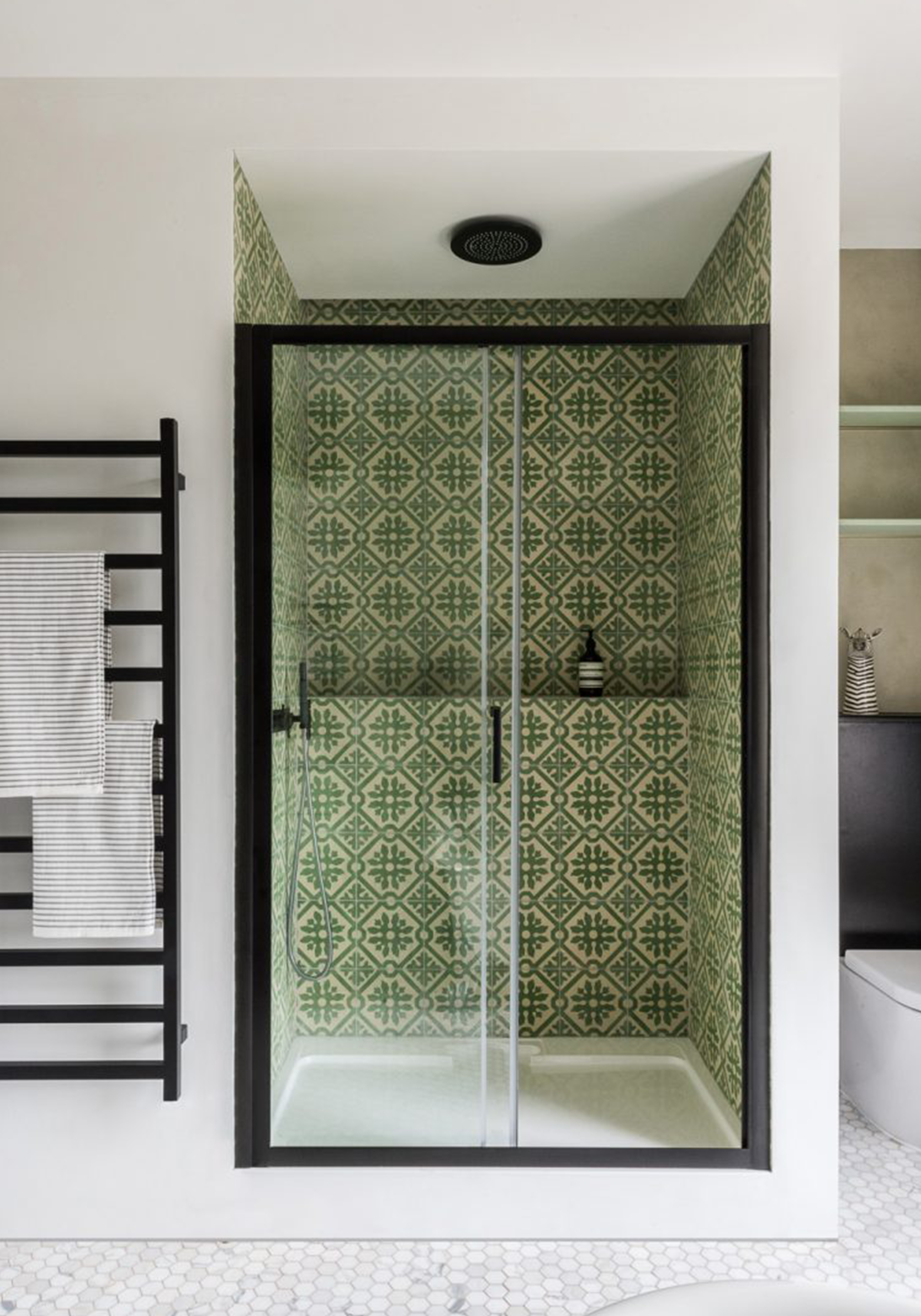
'One of the biggest challenges when cleaning glass shower doors is removing soap scum, so you probably don't want to be using more soap to combat it,' points out Kelli Melo, cleaning expert and owner of Maid Squad. Not to mention that soap can leave a haze.
‘For optimal glass transparency, clean with The Pink Stuff on a soft cloth instead,’ she recommends.
FAQs
What should you not mix with soap?
When cleaning with soap it is important to avoid mixing it with bleach. Two of several cleaning products you shouldn’t mix, bleach and soap can release toxic fumes that are damaging to your health and irritating to your eyes and skin. Instead, use one of the other, or pick a specialized cleaning product.
Does dish soap kill germs?
Dish soap is a great degreaser, but it does not kill bacteria. Instead, it helps to lift germs and bacteria off of a surface helping you to clean your dinnerware and surfaces. When using dish soap to clean, you should always scrub with warm or hot soapy water before rinsing the item or areas and buffing dry. For work surfaces and high touch points around your home, it is worth also using an anti-bacterial spray if you are concerned about contamination.
Despite these discrepancies, soap is still one of the essential cleaning supplies you should keep on hand. Not only is it practical for degreasing all sorts of surfaces (and washing your dishes, of course) but it can be used for a range of the best DIY cleaning solutions too.







